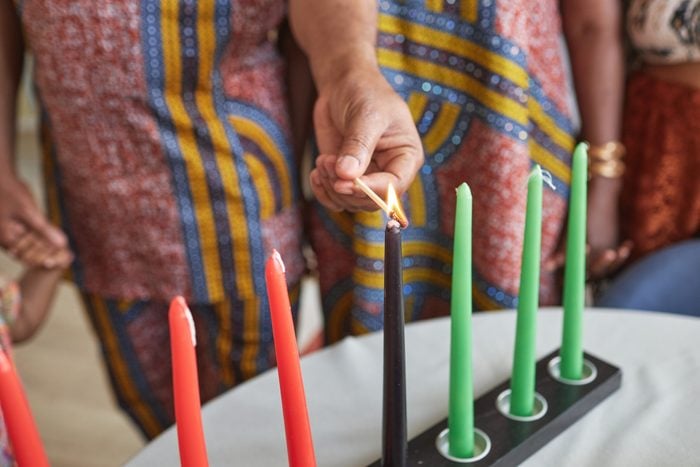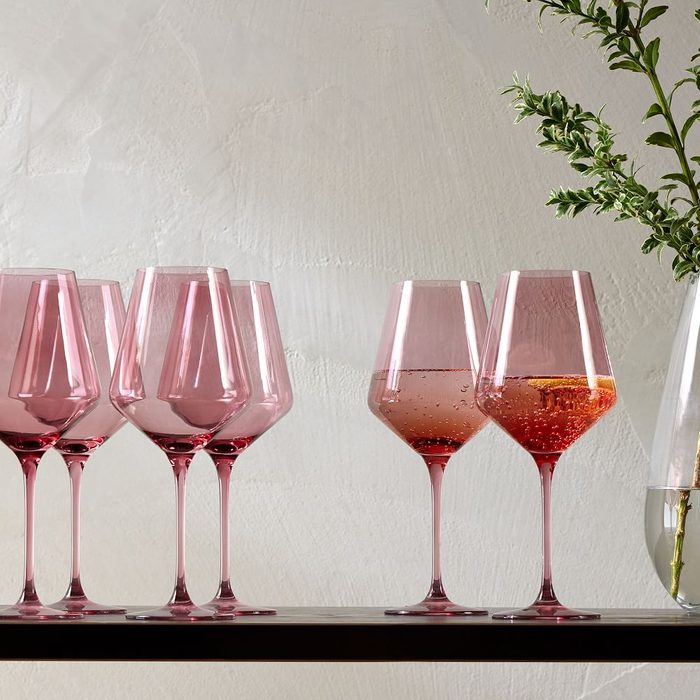
Colorful Wine Glasses
Kwanzaa is a time of coming together, remembrance and looking ahead to the future. For hosts that appreciate the art of fine dining and exquisite decor, Estelle Colored Glass is a luxurious glassware line that is perfect for entertaining guests.
Inspired by the classic, vintage designs of times past, this brand draws inspiration from founder Stephanie Summerson Hall’s late grandmother, Estelle, who loved to go antique shopping. The stemmed wine set is ideal for gatherings and giving as hostess gifts. This sophisticated set of wine glasses comes in a diverse range of shades from lavender and fuchsia to royal blue and amethyst.
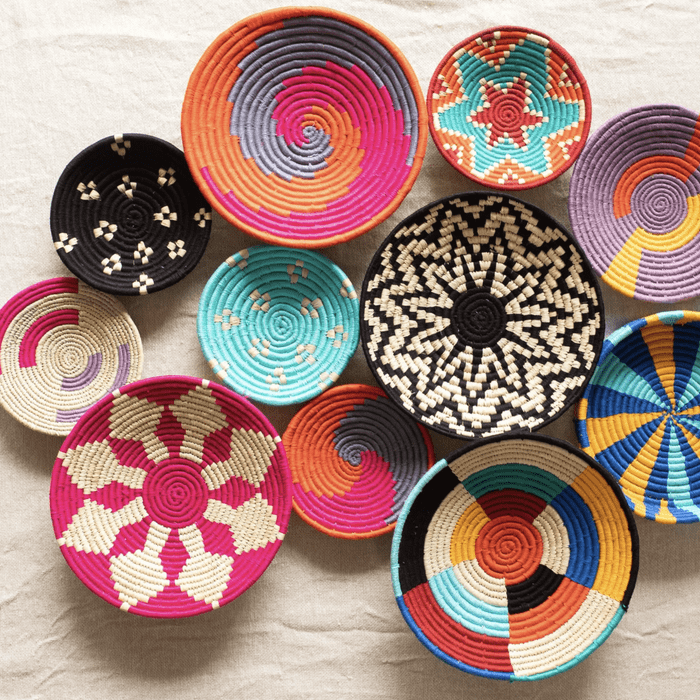
Handwoven Grass Baskets
Kwanzaa is a time of community and connectivity, and giving handmade gifts is customary. These handwoven grass baskets are made from sabai grass, naturally dyed fibers and date palm leaves. These Etsy gifts are uniquely designed, and the baskets are a beautiful way to add color and warmth to an interior space. Use them to store items or as decorative wall art.
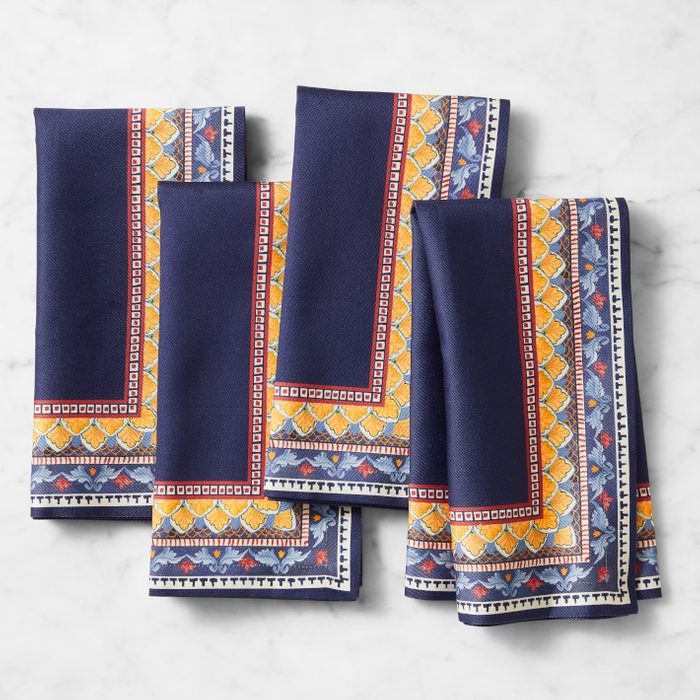
Sicily Napkins
Embracing one’s African ancestry and taking pride in the history of Africa is central to Kwanzaa. And the historical connection between Sicily and the African Moors is interwoven. These vibrant, boldly textiled napkins bring the stylishness of Southern Italy to any dinner setting.
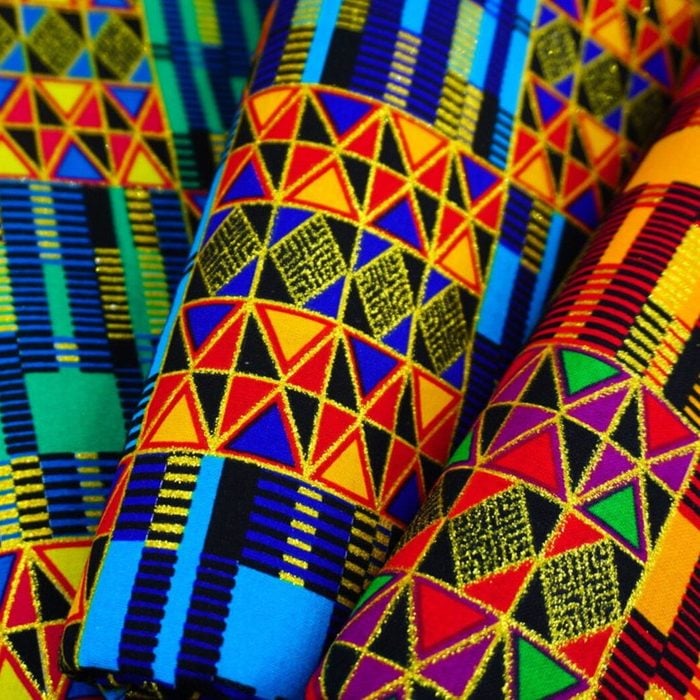
Kente Print Table Runner
Kente cloth often symbolizes being at “unity with one’s ancestors.” And flowing in unity for the greater good of Black communities in paramount during the Kwanzaa holiday. A metallic kente print table runner is festive and cultural, and it’s perfect for holiday hosts who like to honor tradition, but still add a bit of flair and drama.
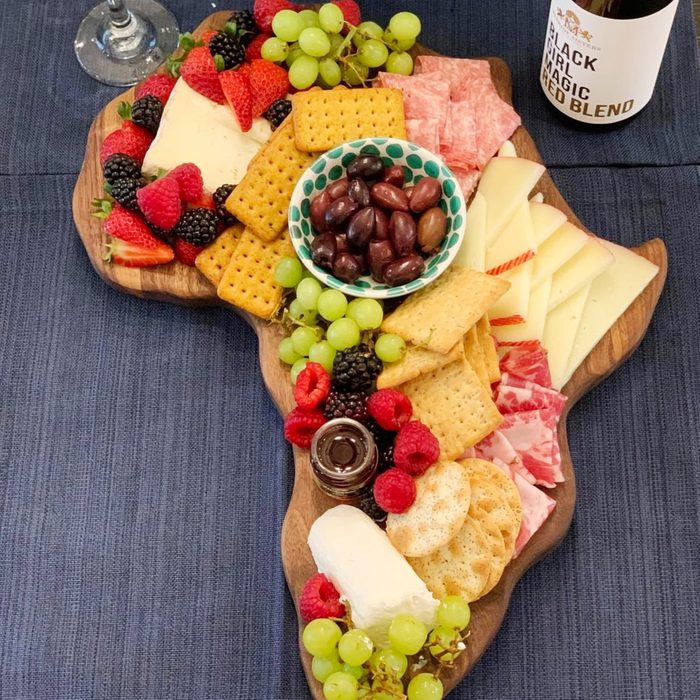
Mother Africa Shaped Cutting Board
Tired of the traditional, rectangle-shaped cutting board? Well, this Africa-shaped cutting board is definitely a far cry from typical. This item is a wonderful gift for those who love to show African pride and have Afro-centric decor in their homes. Not only is this unique cutting board made of maple wood, it can also double as a serving board or charcuterie board.
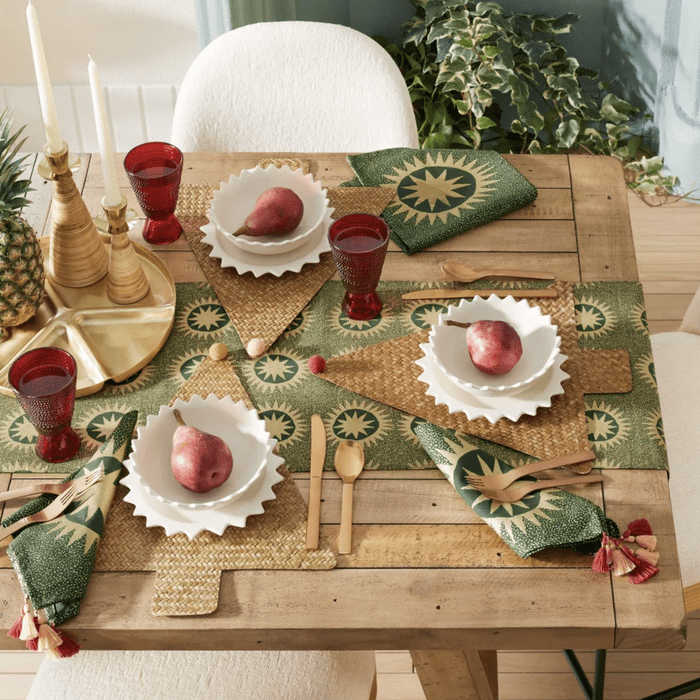
Red Glass Goblets
Red is a powerful color that carries great meaning during the days of Kwanzaa, symbolizing the struggle of many people of African descent. This 4-pack of red glass goblets are a perfect Kwanzaa gift and match other traditional Kwanzaa decorations, such as the three red candles on the kinara. For those who may choose to break away from tradition, this ornate, ethnic-print table runner definitely makes a statement as well.
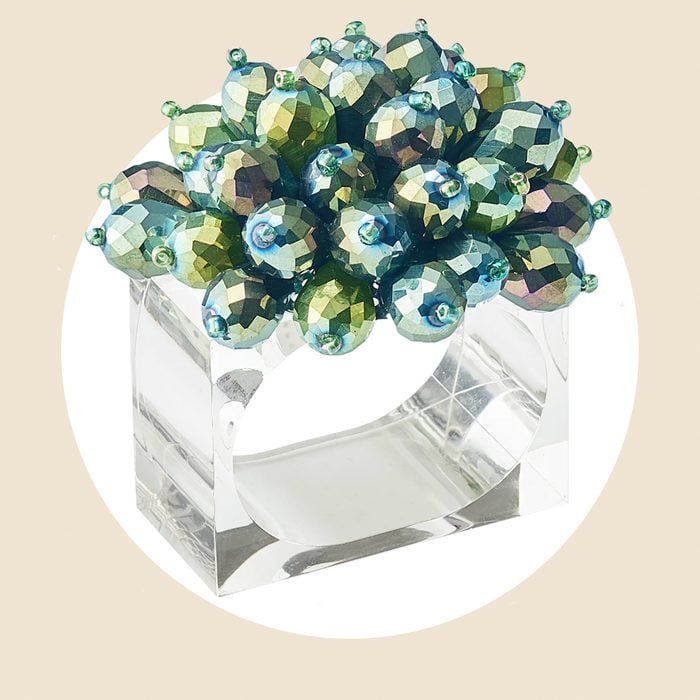
Zinnia Napkin Rings
Sophistication, glamour and holiday cheer are what these Zinnia napkin rings bring to the table. With their luminous shades of green, these napkin accessories beautifully symbolize the future and hope of Kwanzaa. This detailed decorative accent clearly denotes that there are no limits when it comes to creativity.
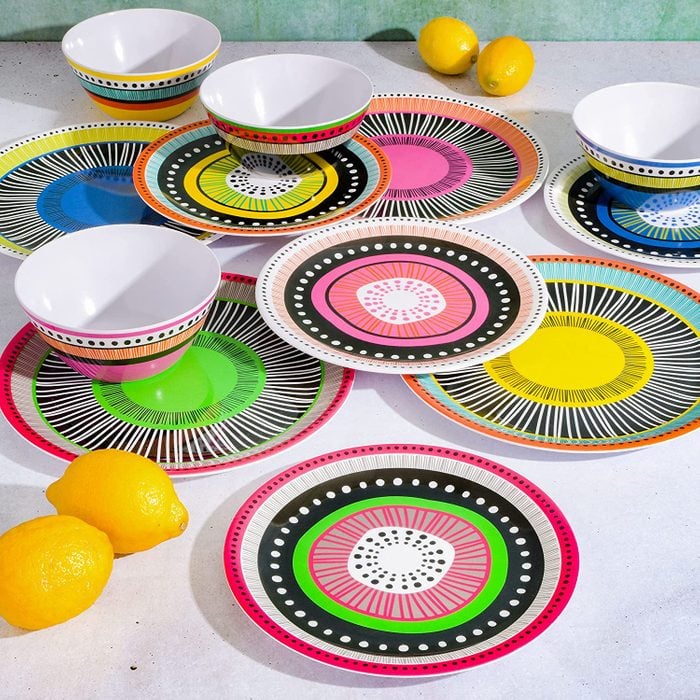
Melamine Dinnerware Set
This melamine dinnerware set is perfect for kid-friendly family gatherings. Not only are the bright patterns warm and inviting, but this set is also break and chip resistant. It’s dishwasher safe, easy on the budget and comes with 12 pieces.
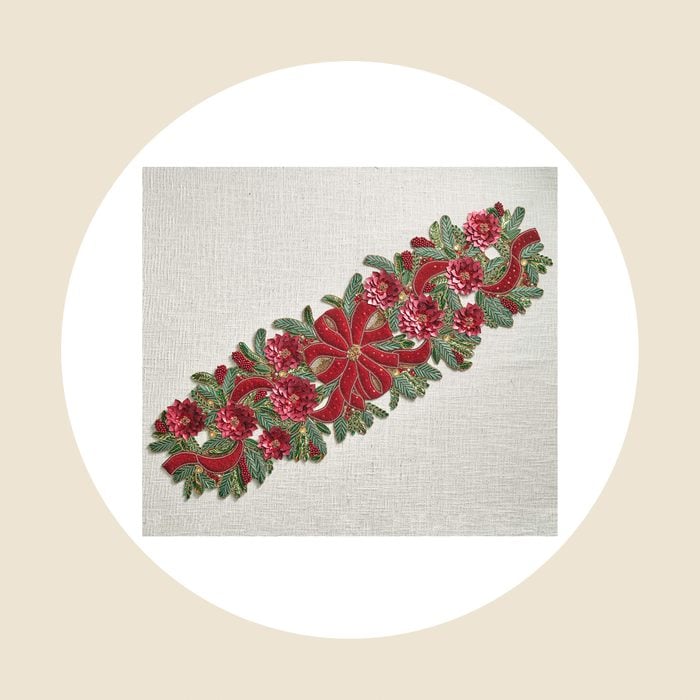
Christmas Cheer Table Runner
A stunning Christmas cheer table runner is the consummate gift for those who celebrate both Christmas and Kwanzaa. With its ornate red, green and gold accents, this top-tier piece is the perfect Kwanzaa gift for party hosts, family members and friends. This festive runner mimics the likeness of a Christmas wreath, but it also carries the green and red colors symbolic of Kwanzaa. And while we know this is a pricey option, it promises to become a family heirloom.
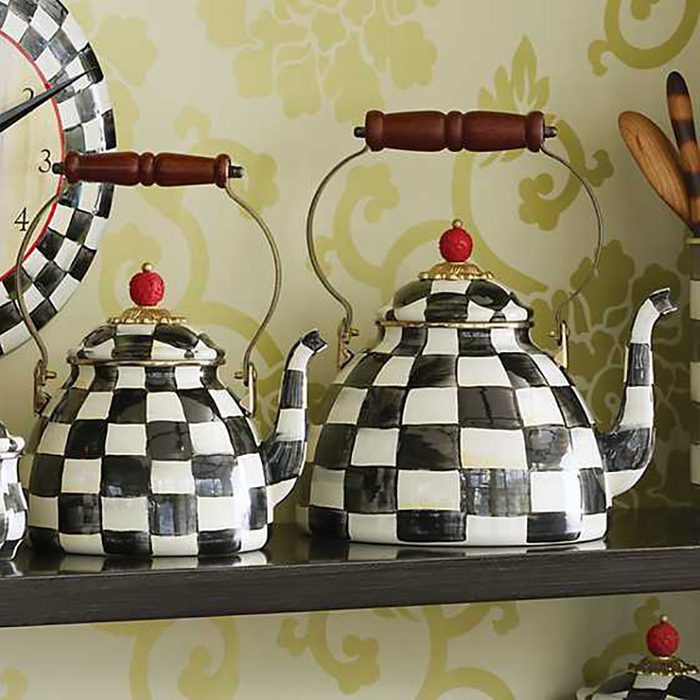
Mackenzie-Childs Tea Kettle
Coming together in a spirit of unity is at the core of Kwanzaa celebrations, and genuine conversations while sipping tea are a relaxing way to connect with others after enjoying a meal. This checked tea kettle is a beautiful and whimsical kitchenware item, and it’s the supreme Kwanzaa gift for tea lovers. Plus, it pairs well with Kwanzaa cookies, like these benne seed wafers.
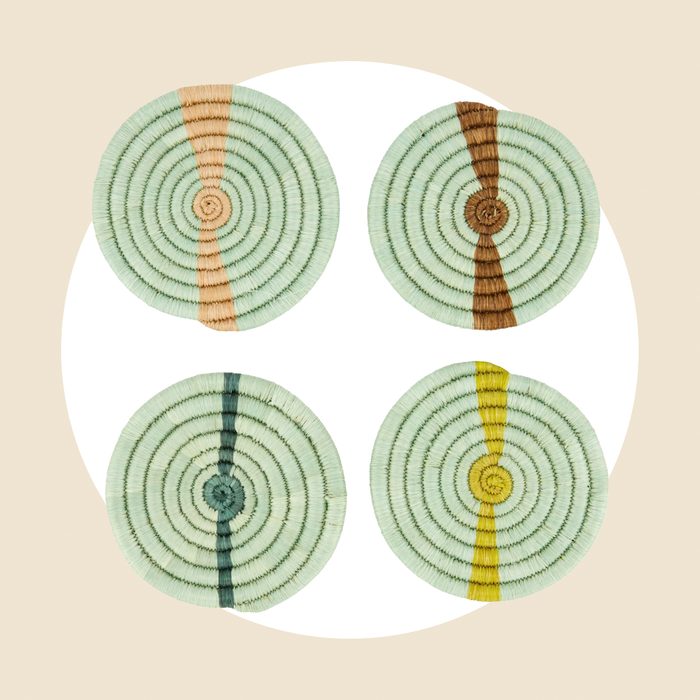
Colorful Coasters
Seratonia coasters from Kazi Goods are a fresh, vibrant take on traditional drink holders. These earthy coasters add personality and spunk to holiday and home decor. Not only do they bring beautiful bursts of color to the dinner or living room table, they help to support women artists in Rwanda and Ghana.
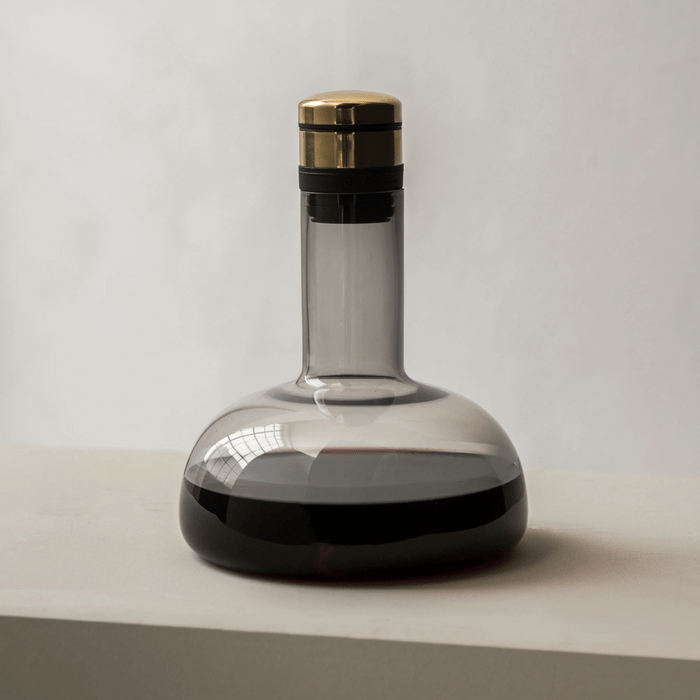
Wine Breather Carafe
Looking for a Kwanzaa gift that is good for your taste buds and the environment? Well, if you have friends or family members that love red wine, this MENU wine breather carafe is ideal. What makes this wine gift a standout is that it allows you to sip wine while reducing waste, because its design allows for excess wine to flow back into the bottle.
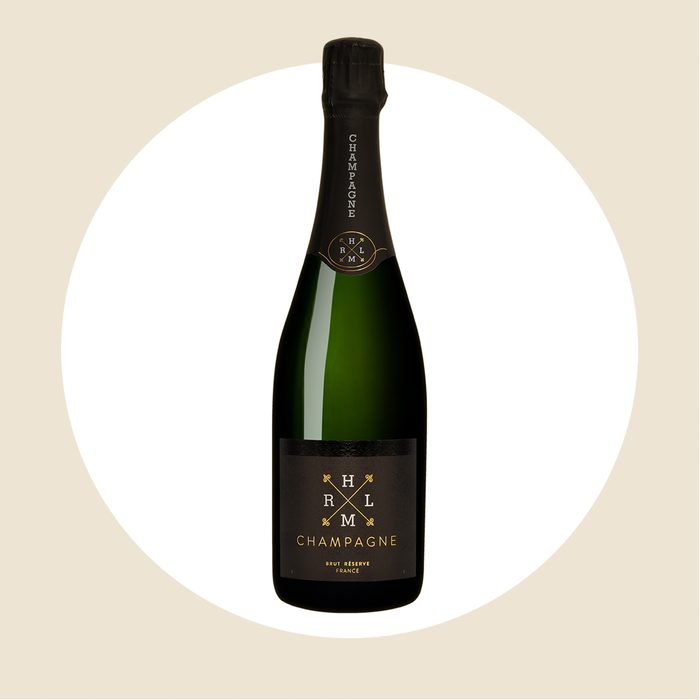
HRLM Champagne
Building up Black communities and supporting Black-owned businesses is integral to Kwanzaa, and Black-owned brands like HRLM Champagne are grounded in principles of legacy, empowerment and cooperative economics. This elegant champagne brand stems from a collective of Harlem residents who believe in the power of collaboration and excellence. Just make sure you know how to open a bottle of champagne!
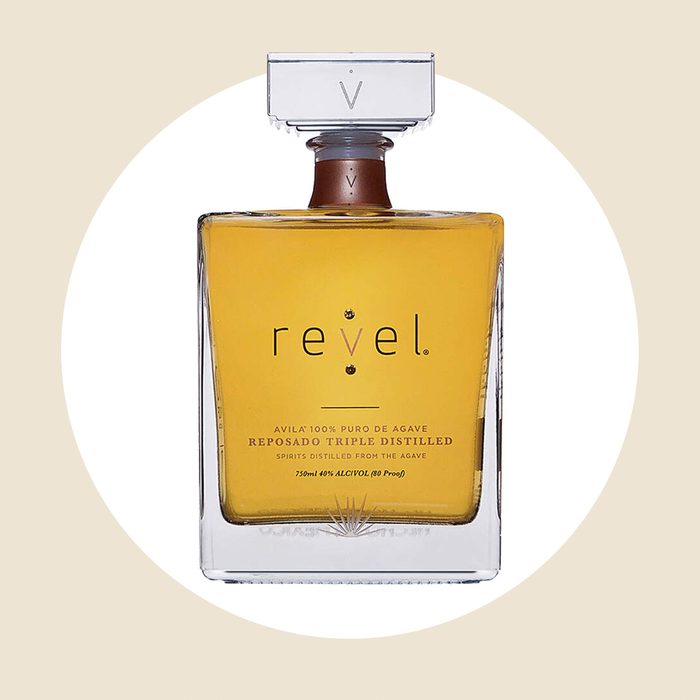
Revel Spirits
Revel Spirits is a Black-owned brand that is revolutionizing the spirits industry. The Revel brand is doing something unique with its agave-based Avila collection. This drink is hand-crafted and comes in three different expressions which include Blanco, Reposado, and Anejo. It’s a great gift for bartenders!
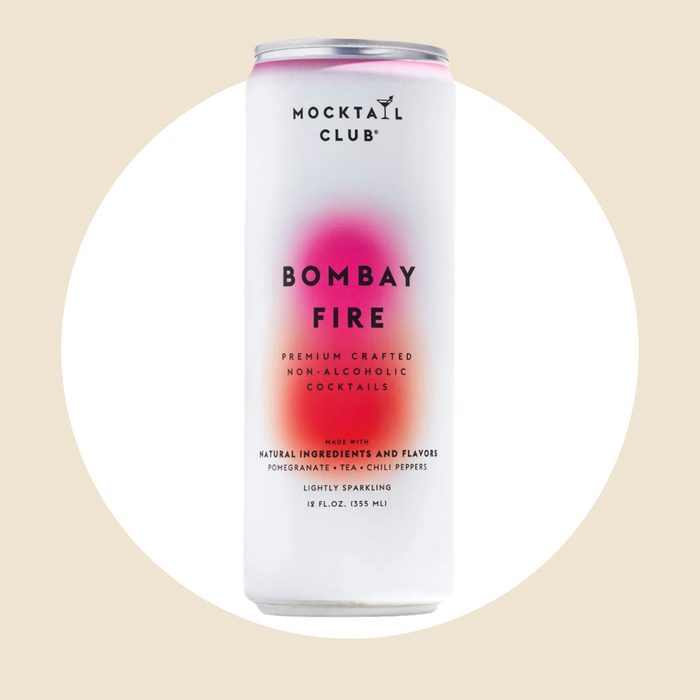
Mocktail Club
Not everyone that attends holiday gatherings drink alcohol, and mocktails are a great way to accommodate guests who prefer non-alcoholic beverages. Mocktail Club is a female-led, Black-owned company that offers a variety of fun, zesty flavors. The Bombay Fire 4-pack will warm up any holiday gathering with flavors of pomegranate juice, agave, decaf tea and chili pepper.

